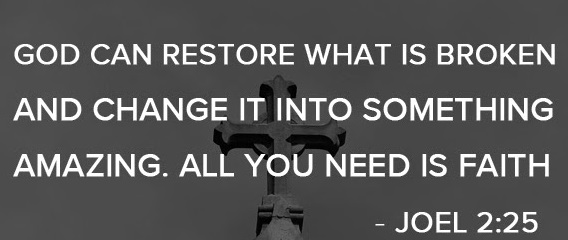In Matthew 22:1–14, Jesus tells a parable about a wedding feast. Unlike most wedding feasts, however, this one involves a king and his son, some ornery invitees, cold-blooded murder, the destruction of cities, and a ragtag group of afterthought guests. Most surprising of all is the end of the story. After all the guests have assembled, the king spots a man without a wedding garment and orders that he be shown the door. Actually, his words are more severe: “Bind him hand and foot and cast him into the outer darkness. In that place there will be weeping and gnashing of teeth” (Matthew 22:13). Granted, this ending adds some narrative kick to the parable, but is there more that Jesus wants us to see? Perhaps we should retrace our steps a little. This parable is the third installment in a series of rebukes directed toward the Jewish leaders. In the context, Jesus has been teaching in the temple following his triumphal entry into Jerusalem. The chief priests and elders, rankled by his popularity with the people, interrupt his discourse and demand that he give one good reason why he has the right to open his mouth on their turf (Matthew 21:23). In response to them, Jesus tells the Jewish leaders, “the kingdom of God will be taken away from you and given to a people producing its fruits” (Matthew 21:43).
This prediction is illustrated in our parable as the original invited guests, representing the chief priests and Pharisees, lose their place at the royal buffet. The king then sends his servants to invite anyone who will come. The servants do just that, and Matthew notes that the newly invited guests are a motley crew, made up of “both bad and good” (22:10). This observation creates the tension that will be resolved in verses 11–14. As we’ve seen already, the king finds a man at the feast not wearing a wedding garment. Was this a special kind of tunic, fringed with lace, perhaps, and lined with pockets full of rice and birdseed for the newlyweds? Probably not. More likely, a wedding garment was a nice set of clothes used for special occasions. If this is the case, then the guest without a wedding garment is an under-dressed attendee, like a man appearing at a funeral in board shorts and flip-flops. The gesture would be offensive, a sign that the guest is oblivious to the significance of his invitation.
This explains the king’s swift action, and it brings us back to the point of the parable. Jesus had said that the kingdom would be taken away from the Jewish leaders and given to a people producing its fruits. The wedding feast is an open invitation, but there is a dress code. Everyone is welcome at the table, but the table changes us. Or, to keep with the imagery of the parable, it changes our clothes. If it doesn’t, then we aren’t truly guests. We’re wedding crashers, and our lot lies outside of the laughter and light. “Many are called,” says Jesus, “but few are chosen” (Matthew 22:14). From this parable, I think Jesus wants us to see three things. First, the gates of the kingdom are open wide. Salvation is not based on ethnicity, education, income bracket, popularity, ministry position, personality type, cultural savvy, athletic ability, or attractiveness. For this reason, we should be very careful not to assume that the people most fit for the kingdom are those who look most like us.
Second, though the gates of the kingdom are open wide, the kingdom still has gates and we must enter through them. The kingdom imposes conditions on us. We must bear its fruits. We have a particular kind of clothing to wear to the feast. In the words of Paul, we must put on, “as God’s chosen ones, holy and beloved, compassionate hearts, kindness, humility,” and the like (Colossians 3:12). A bitter and unforgiving heart is as much out of line for the Christian as a flip-flopping funeral-goer.
Finally, and we mustn’t miss this point, the kingdom of God is a feast. And we should act like it. God means to be enjoyed. He is the God of laughter, full bellies, and second helpings. In his presence, says David, there is fullness of joy (Psalm 16:11). Do you believe that? Then come. There’s a seat with your name on it.


